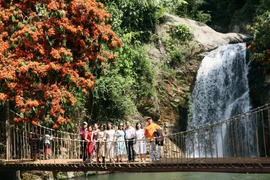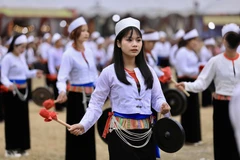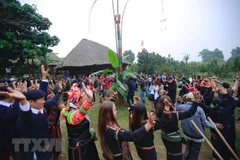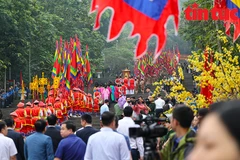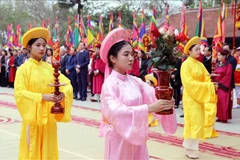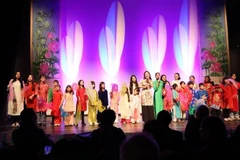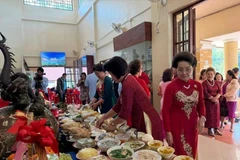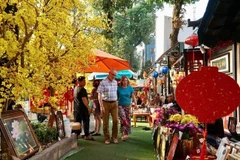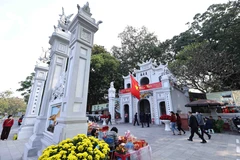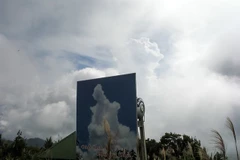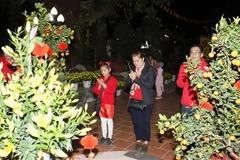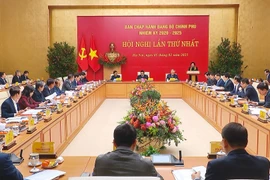Tran Anh, Secretary of the Hoi An Party Committee, stated last weekend that hehad ordered the city People's Committee to hold off the plan to collect entry feesfrom every tourist beginning on May 15 by establishing separate lanes for localpeople and international visitors.
Anh said that Hoi An would have discussions with residents and businesses todevise a solution that is both efficient and acceptable.
The local administration will hold a press briefing to make public the planonce an agreement has been reached, he added.
He argued that the city would attempt to collect funds from travellers forconservation without concerning them, and that similar models are beingconsidered for various other tourist attractions in Vietnam and abroad.
"We will not collect entry charges from May 15 as we will not be able tocome up with a plan by that time," he said.
Currently, travellers only need to purchase tickets to specific sights in HoiAn, while the rest of the old town is free to explore.
One-way tickets for foreign travellers cost 120,000 VND (5.12 USD), while thosefor domestic visitors cost only 80,000 VND (3.41 USD).
The city’s historic quarter, Hoi An ancient town, was designated asa UNESCO World Heritage Site in 1999. It is included in the Cu Lao Cham-Hoi AnBiosphere Reserve, together with the Cu Lao Cham archipelago, which wasestablished in 2009.
The ancient town is recognised as an extremely well-preserved example of aSoutheast Asian commercial port dating from the 15th to the 19th centuries,with its buildings and street design showing a combination of indigenous andforeign influences.
It is notable for its covered 'Temple Bridge', which dates back to the16th to 17th centuries./.


